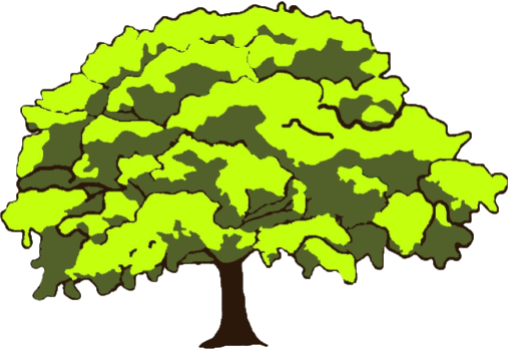I’ve been thinking about researching African history for my world building. I’m a long way from having much worth saying on the subject, but the question was raised on the FaceBook group Medieval World Building: where do you start researching the continent? So I’ve transferred a section of my very first reading plans into this post so I can link to it, and anyone interested can read along with me on my first steps out of ignorance. I’m likely to revise this as I improve my sources. At the time of writing it is deplorably reliant on Wikipedia and a few pages that came high in my search results.
Obviously this quick set of starter pages barely scratches the surface of what there is to know even at my very amateur level. It is not so much as the end of the beginning, but if I let that put me off there will never be a beginning of the beginning.
North Africa
North Africa (first Egypt and soon the whole Maghreb), along with much of south-western Asia and southern Europe, was conquered by the Umayyad Caliphate early in this period, but soon there were splinter states (smaller, larger and some really rather substantial), revolution, devolution, territories ruled from Muslim Europe, and the other way round. There was even a brief patch of rule from Christian Europe
More on the spread of Islam, including to other regions of Africa: here are some geo-historical notes and some points of religious tradition from Islamic perspectives.
And some bits on Christianity.
East Africa
Much of east Africa was involved in the Indian Ocean trading network, and was called the Swahili Coast after the international trade language that developed there. This also made close links with Arabia and the Islamic sphere, and connections to more distant places like India and even China.
Specific examples of important ports/cities/states in the region include: Mogadishu and more broadly Somalia; Mombasa; Zanzibar; Kilwa (see also this article); Sofala. Madagascar at the far south also had links directly to southeast Asia making it rather distinctive from continental Africa.
But Ethiopia, inland, remained Christian and maintained more European contacts despite Europe’s relative isolation in this period; See also Nubia, Bunyoro–Kitara, Urewe and Buganda along the Nile and in the Great Lakes area.
West Africa
West Africa had an established agricultural, metalworking and urban society early. It started supporting particularly rich and powerful states when traders started crossing the Sahara for the gold and other resources of the region.
The Ghana empire grew from its ancient origins (not within the modern state of Ghana) and was succeeded as a regional power by the Mali empire, whose king (Mansa) Musa became famous for the vast wealth he distributed when making his transcontinental pilgrimage to Makkah (Mecca) in Arabia.
The Songhai state started in this period.
We have Sao in the Cameroon-Chad area, plus Kanem to the north in Chad, Libya and Nigeria.
See also the Bono state, the first high point of the Oyo state and Benin.
Southern Africa
The Luba Empire has its origins in the Congo basin but seems to have spread or had an influence to the south. Further south were Mapungubwe and later Great Zimbabwe.
Also some general sources. And see if I can find a place to watch this.
*I’m not totally comfortable using the European term ‘middle ages’ about Africa. I guess you might mark the end of an era about when the increase in sea traffic with Europe from the 15th century along the west coast heralds a kind of new phase in both continents’ histories and could be taken as beginning the early modern period in Africa as well as Europe. But the effect and timing of this was different in different regions and there was a lot else going on. And even less is it clear when to start; in some regions you can start with the earliest ‘civilized’ societies, and/or use the arrival of iron working as a marker. But north Africa and the Nile were participants in the ‘ancient’ Mediterranean world, and some other areas (especially in west Africa) developed civilization well back in that period but without appearing in written records. So with some misgivings I scoped this reading plan to cover approximately 500-1500 CE just because the numbers are round and it is about contemporary with the European middle ages which I’ve focused on previously. Hopefully as I get started I’ll form a clearer idea of what periods and places to concentrate on next.
